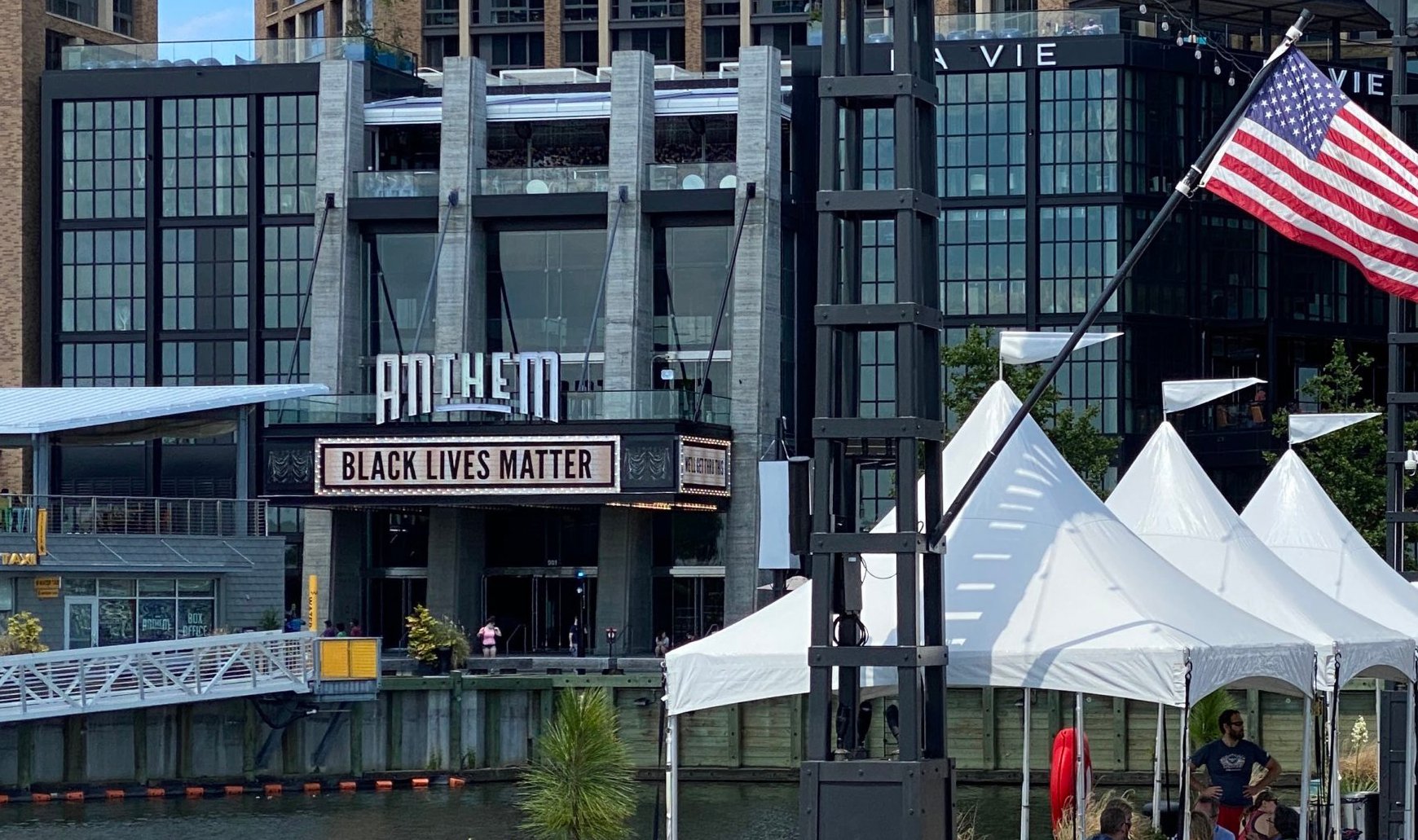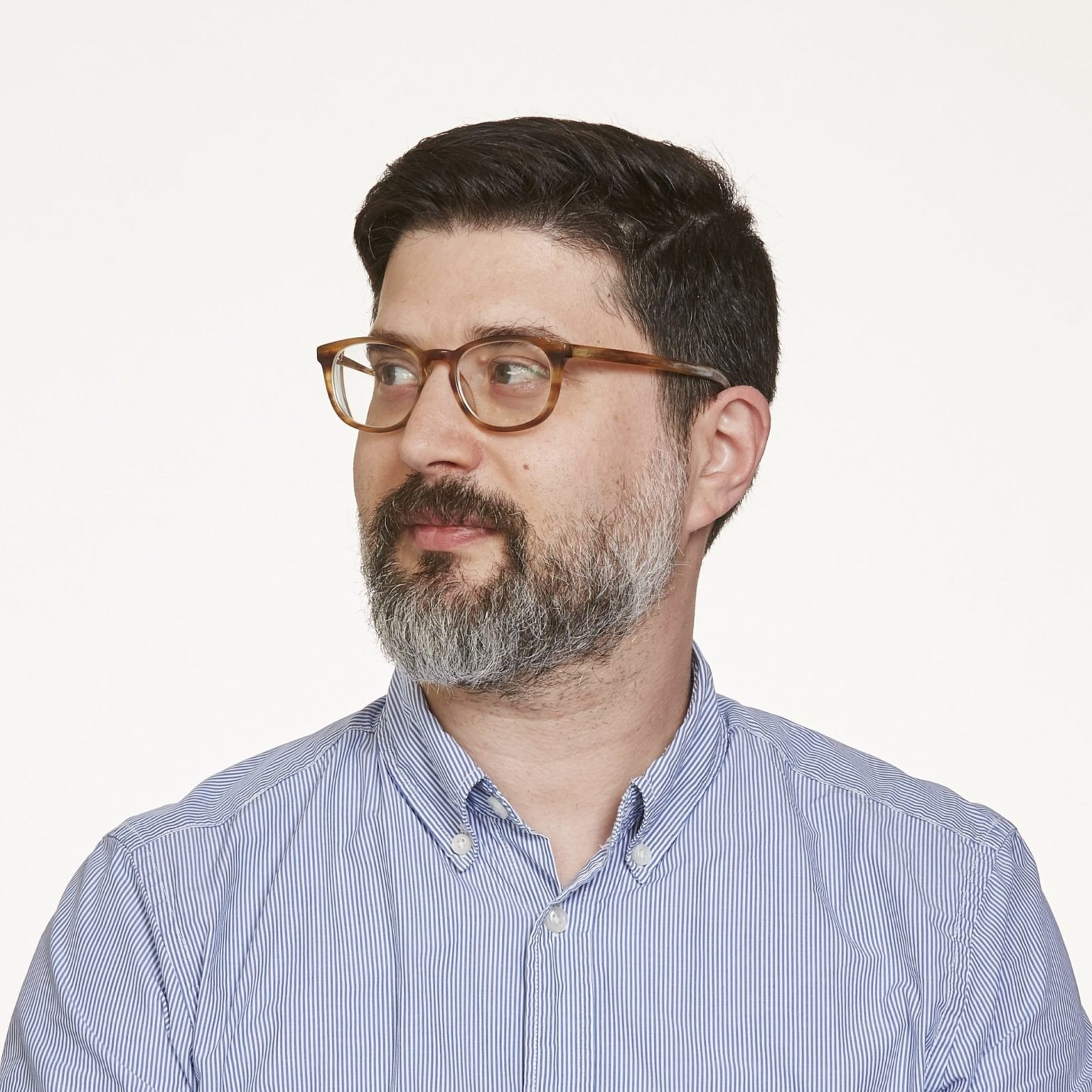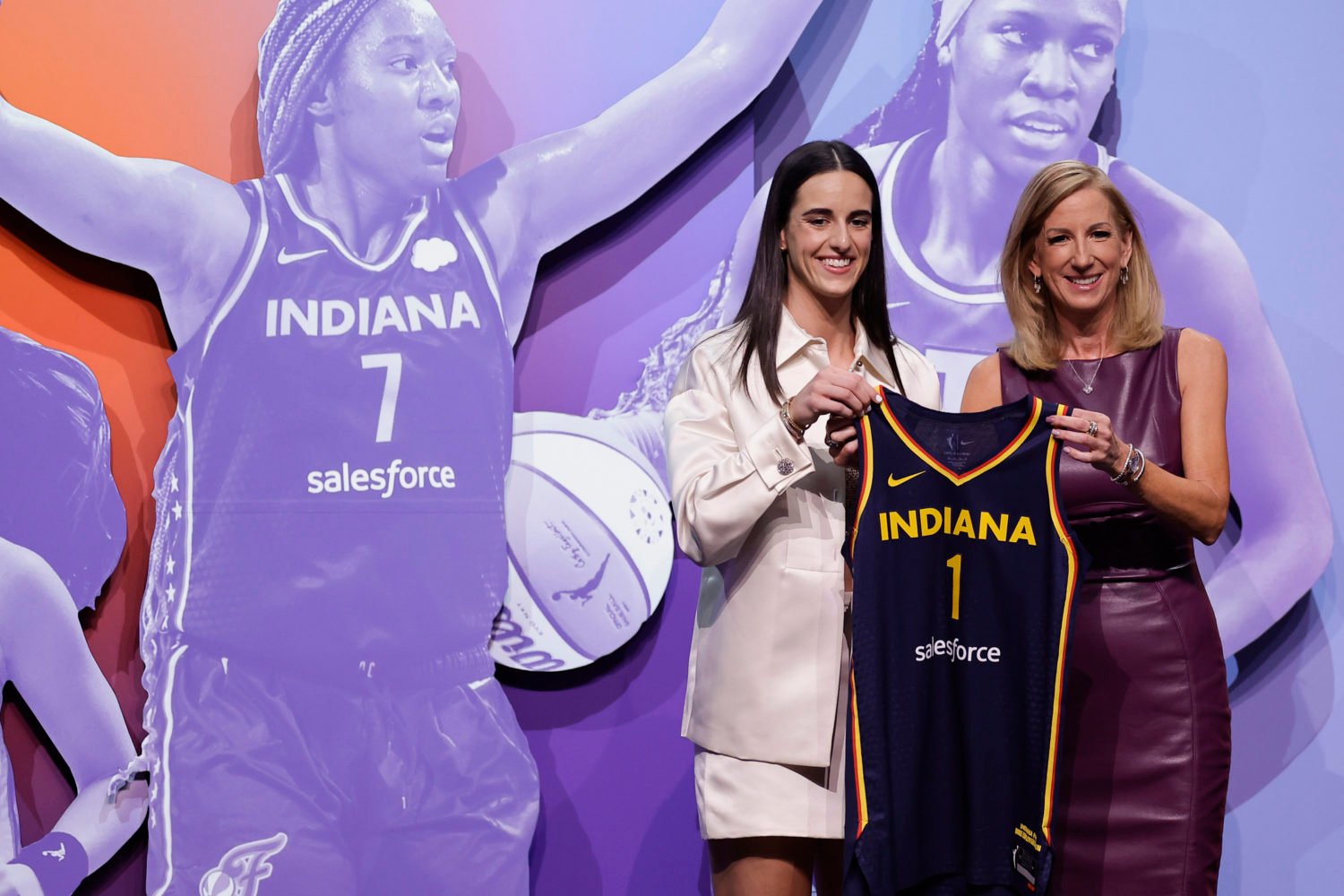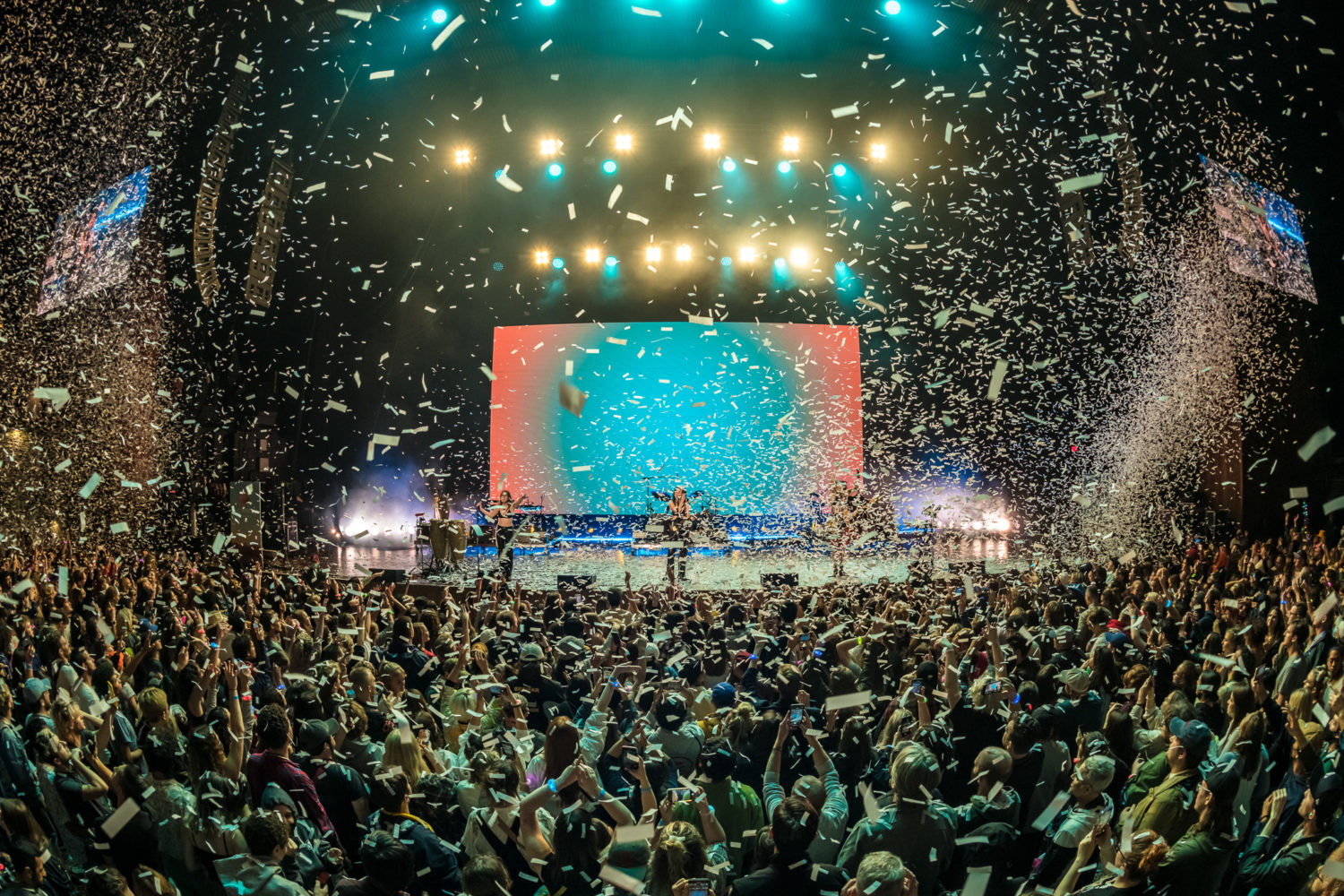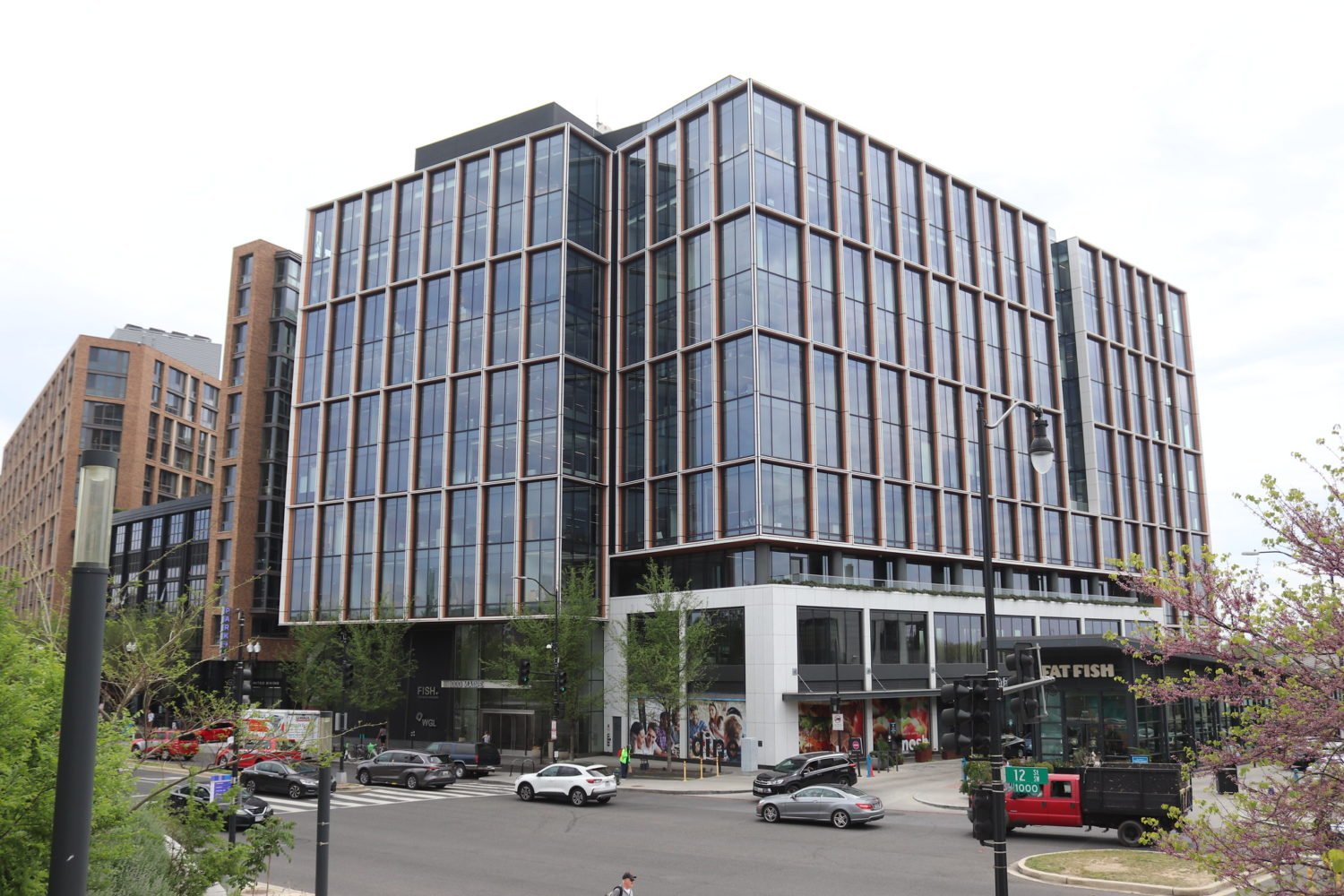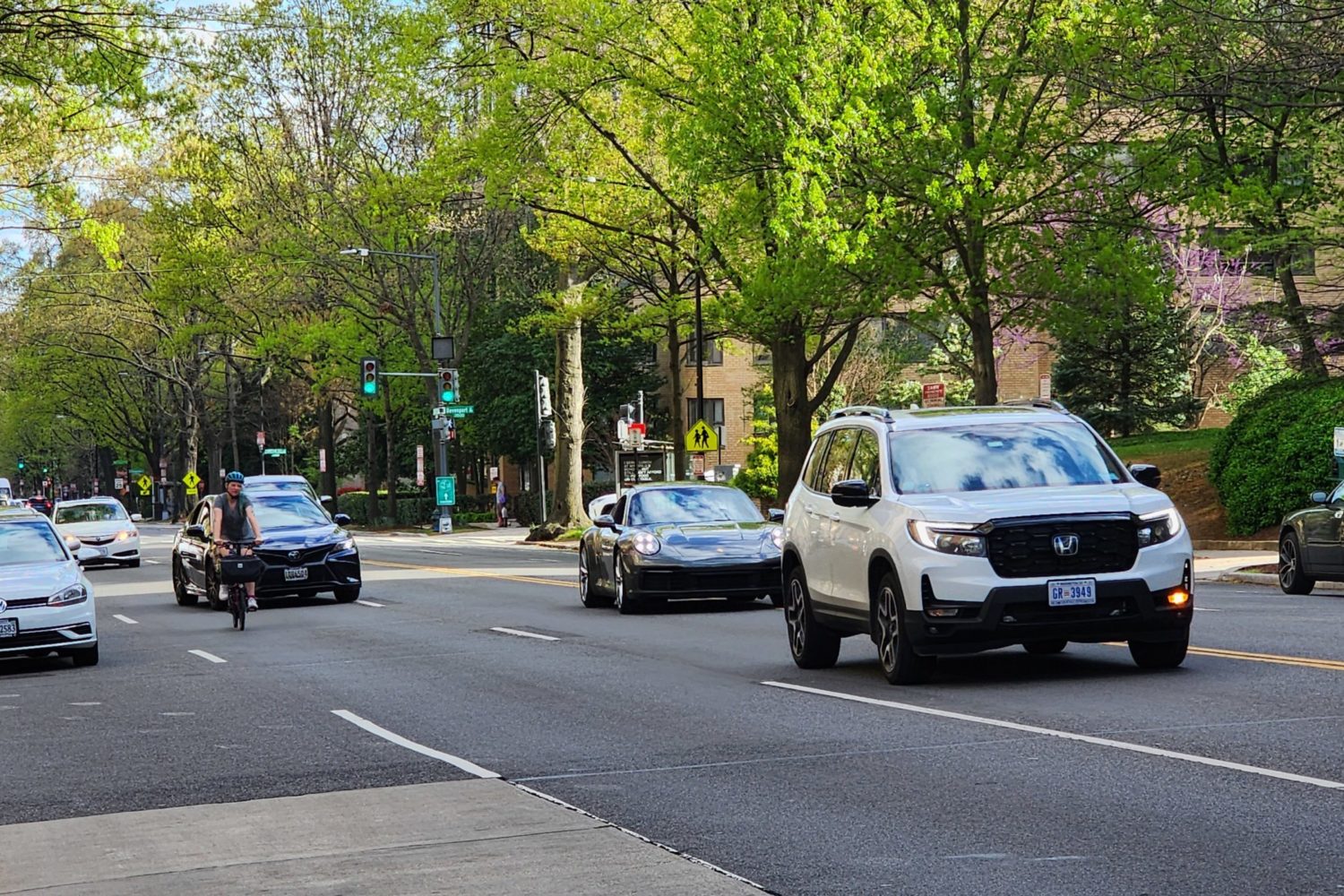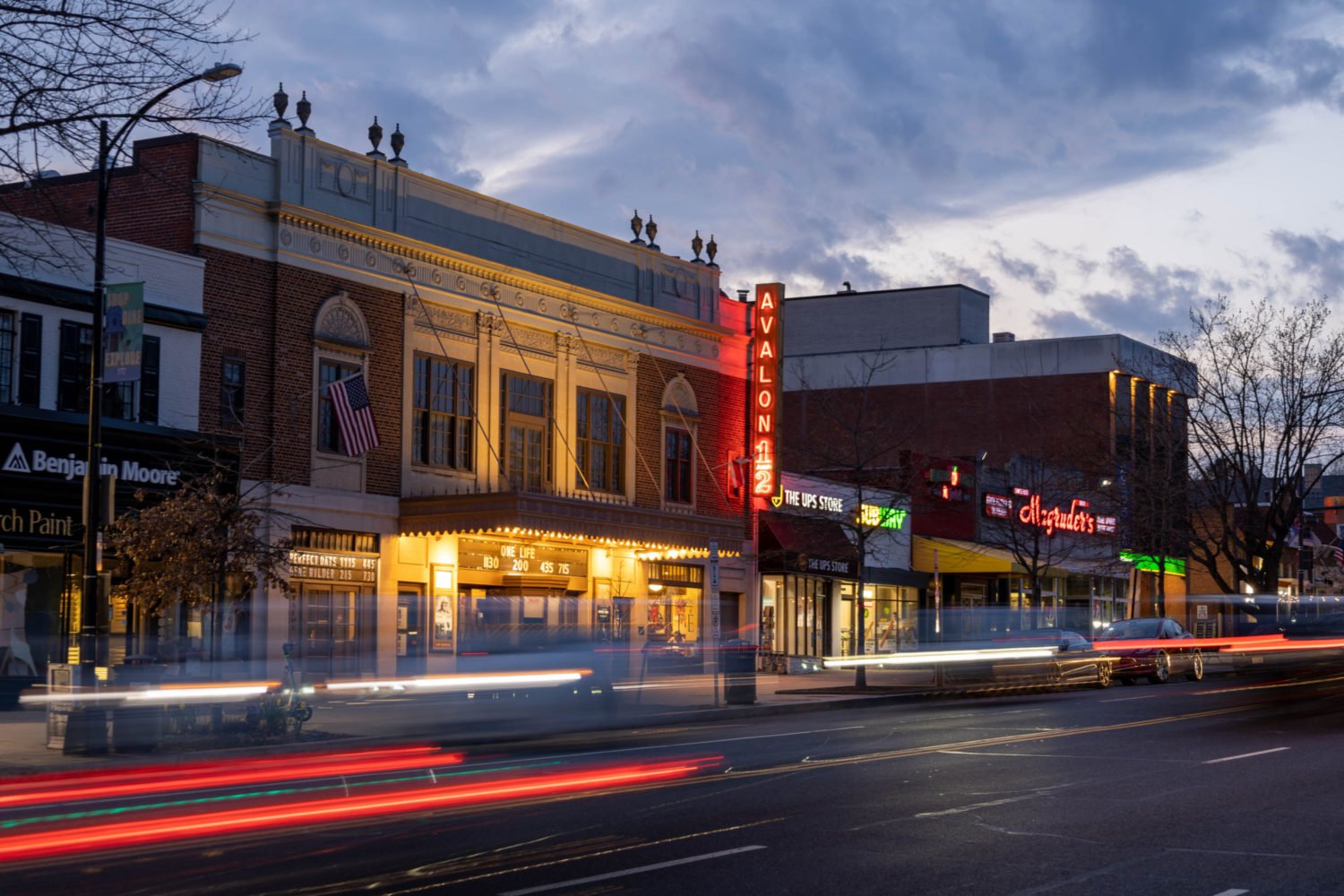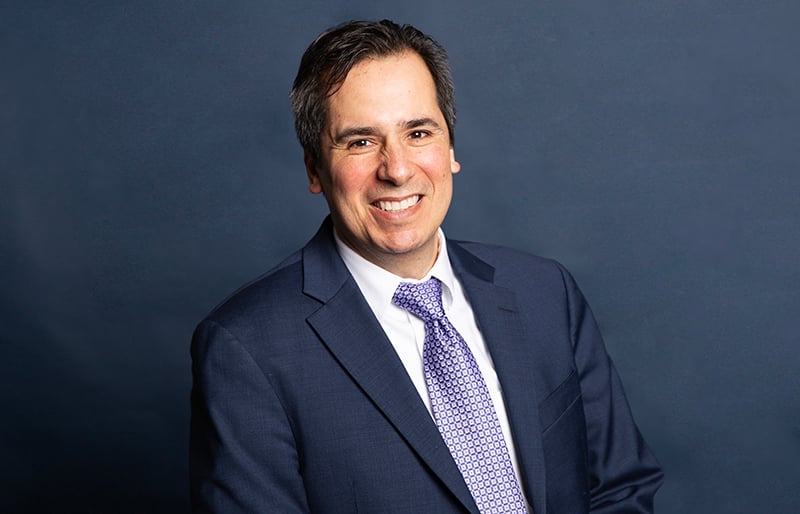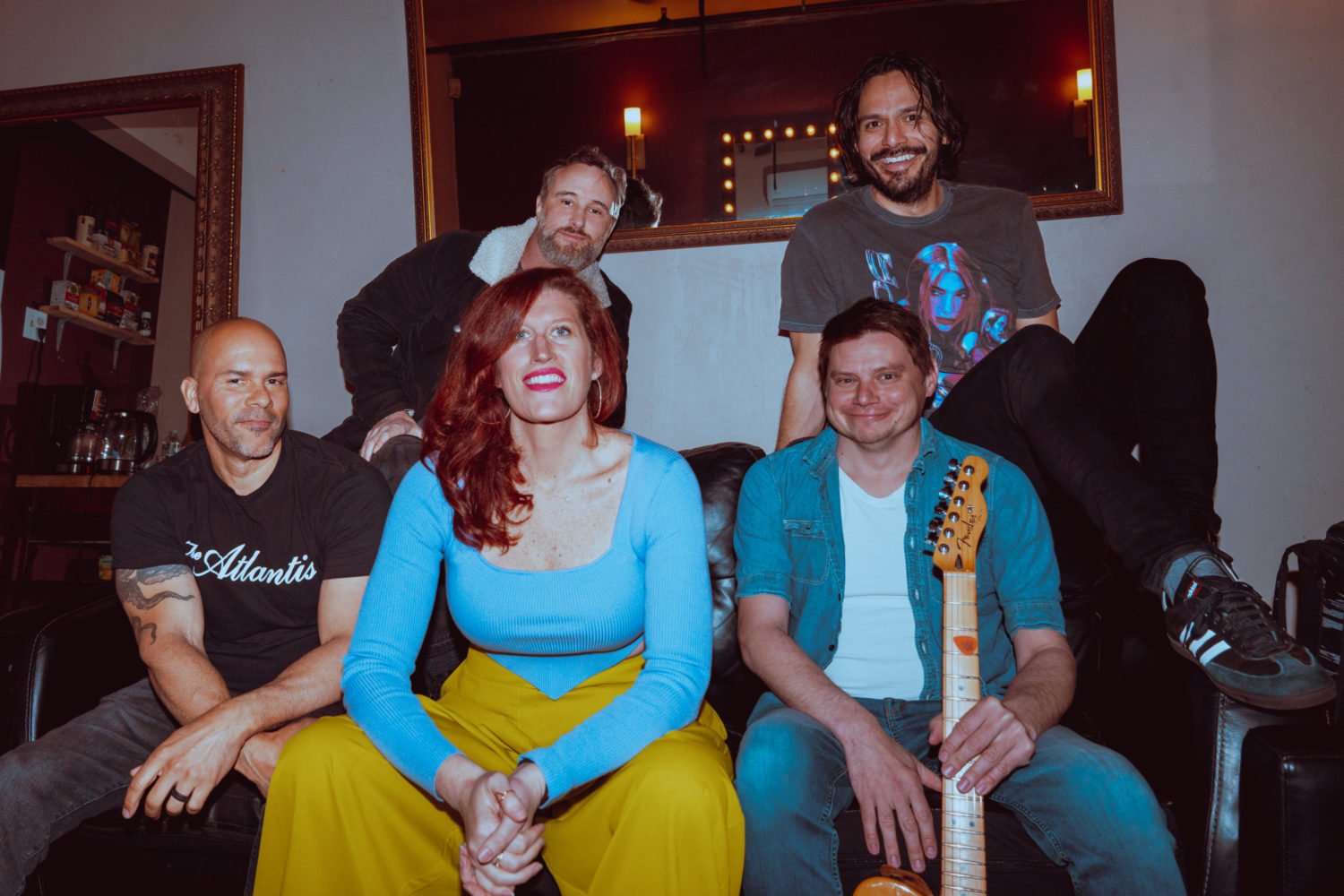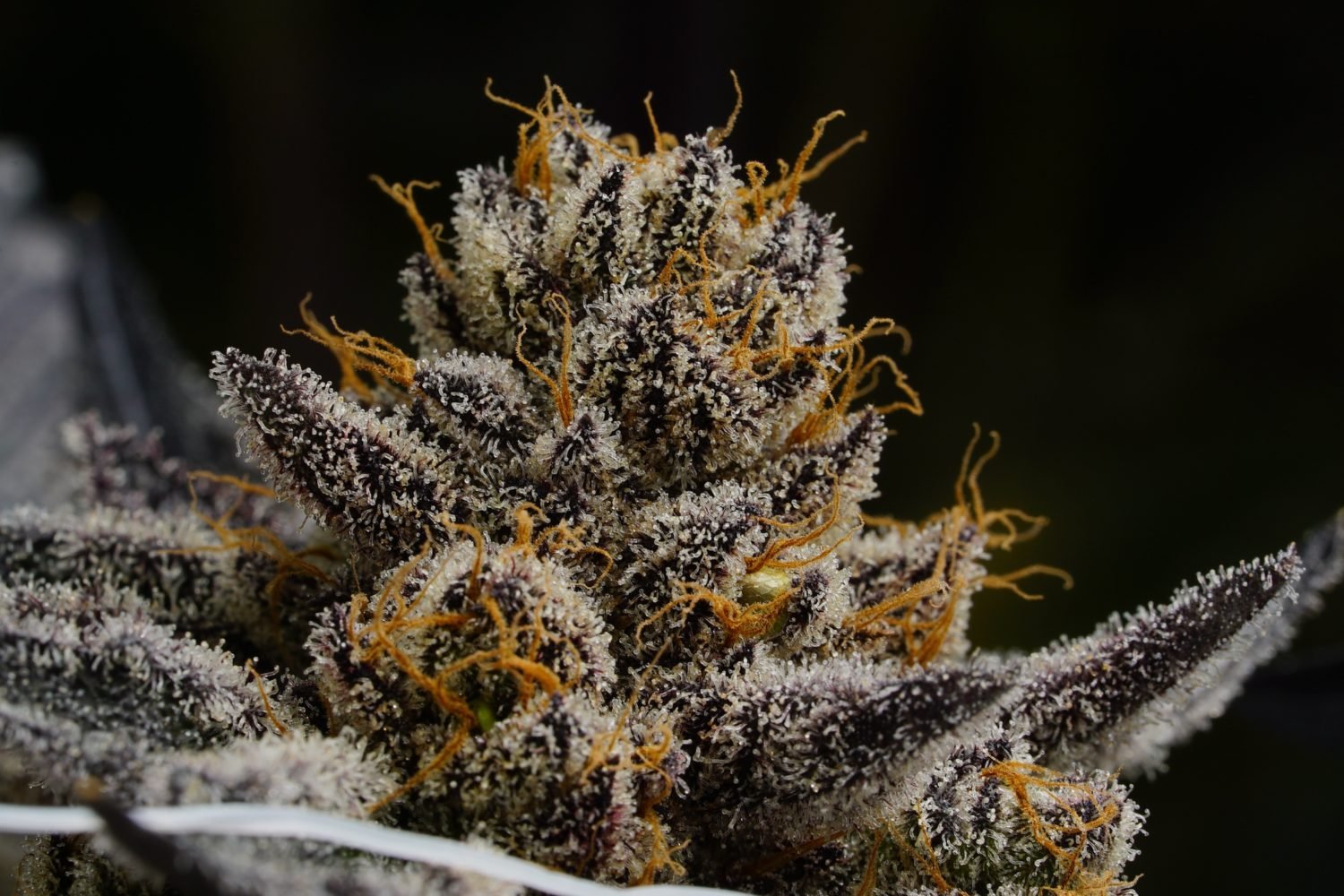About Coronavirus 2020
Washingtonian is keeping you up to date on the coronavirus around DC.
Anyone who regularly goes to concerts in DC has probably been to an IMP event. The long-running local company’s venues include the Anthem, the 9:30 Club, and Lincoln Theatre. With the live-music industry essentially shut down, the company has been scrambling to figure out a way forward while also finding ways to address this moment, whether it’s creating a fund to help its furloughed employees or putting “Black Lives Matter” on the Anthem’s marquee. We talked to IMP chief operating officer Donna Westmoreland, who runs the company, about how things have been going and IMP’s plans to slowly get artists back on its stages.
Westmoreland says that live events could return to their two largest venues, the Anthem and Merriweather Post Pavilion, in September or October, with smaller-than-usual audience sizes allowing for social distancing. For the Anthem, the plan will require a waiver from the city to allow gatherings larger than 50 people.
When did you first realize how big of an impact this was going to have on what you do?
On March 12, we made the decision that we had to cancel all of our shows. I think we canceled them through March, but we have not had a show since. It was through the end of March and then suddenly it was, you know, we’d better cancel April, too. So all of these shows that were being canceled in March and April were being rescheduled for June. One piece that has been so mind-blowing is how much work there has been to do—without one person standing on a stage. We’ve been so busy, scheduling and rescheduling shows and trying to figure out what the world is going to do and how we’re going to refund money and what’s all of that going to look like. It’s kind of mind-blowing that when shows stop, the work doesn’t.
What has that all felt like? You devote your life to putting on live music for people and then all of that work is gone.
It’s gut-wrenching and it is depressing. I’ve never felt an existential threat like this before. The entertainment business is amazingly resilient. Even in economic downturns people look to music to make them feel better. They might buy fewer concert tickets when they have less money but they’re buying concert tickets nonetheless. It’s a communal and shared euphoria, if you will, that people seek out. Everyone is feeling that absence so much now.
It’s pretty amazing what performers have been able to do online and in their basement and their bedroom and all that, but as someone who has spent their career producing great shows, I’m a little over the bubblegum and duct tape and would really like to see some good production again. So it’s just been depressing.
And when people say, “Yeah, but you can do a virtual concert or a drive-in concert,” these are not particularly viable alternatives. They’re a drop in the bucket as far as the revenue potential, as far as making a difference in our burn rate, what we [as a company] are going through in trying to stay alive. You try to be hopeful and you don’t want to be particularly Grinch-like or a Debbie Downer when people come up with ideas, because it’s only trying to be helpful. But they’re not really viable. They won’t get us to where we need to get, and that is being open, having shows, and figuring out what the new normal is going to look like. Hopefully, it eventually won’t look so dramatically different from what it was.
What is the path for you to get to that point? I know you can’t see the future, but what are you thinking right now?
Well, I actually later on today will be watching a webinar from the ReOpen DC committee about the waiver process for venues to apply for a waiver to get past the 50-person limit. We have vastly different sizes of venues and there are opportunities, we believe, to gather people safely without a random [cap] of 50 or 250 being assigned to it. The Anthem can hold many more people or clusters of people than 250 and still have them be socially distanced. So it will be interesting to see what this waiver process will be like and what will get approved. Merriweather is in Maryland and has been approved for some sort of reopening in September and October with percentages of capacity, not just hard numbers. There’s been a great deal of time and thought put into how that can be done safely and how the customers, the staff, the artists, will be comfortable and safe. So those are all of the things that we’ve been plotting and working on.
But it’s looking like come September people will be able to go to a show at Merriweather?
Yeah. Well, October, for sure. The other piece of it is, in our business you don’t just decide to go on a tour, right? You plan it and it’s almost a year in the planning before the tour actually happens. So the big question now is what artists are going to be able to take advantage [of venues reopening]. They want to make some money this year too, right? As long as they can do it safely and make sure their fans are safe. The financial hit to the entertainment industry, I don’t think anyone has calculated. Every element of that ecosystem is shut down, except for streaming, but that’s a little bit different.
So the immediate plan, if things go in the direction that we hope, is to do smaller shows at larger venues like the Anthem and Merriweather Post.
Yes.
What is the long-term financial situation for IMP? Is there a doomsday scenario where some or even all of the venues could not come back?
No, I would severely doubt that. We’ve figured out how to get to 2021 and we’ve figured it out if, God forbid, we have to wait until maybe the second quarter of 2021. But the longer it is, the longer it will take for us to start to make money again. The impact of this will be years.
How did you come to put up the Black Lives Matter sign on the Anthem marquee?
This is our first venue with a marquee and we love having a marquee. First we had “we’ll get through this,” and when that resonated so much we discovered a power to [putting messages on the marquee] that we didn’t really know we had. So after “we’ll get through this” resonated, it became very evident that we needed to post “Black Lives Matter” there. We didn’t want it to feel like we were just jumping on the bandwagon. But Black lives do matter. It wasn’t even really a question to post it. It was a no-brainer, really.
It’s amazing quickly that Anthem marquee has become sort of an iconic Washington view.
Right. The way that it’s angled, the best view of the marquee is from Hains Point. So we thought it was really cool, but we didn’t know how many people would be able to see it. That’s why we wrapped it around, so you could at least see it when you were coming and going from the side. There was a great deal of thought and design put into it. It was—and is—very important to us.
What is giving you hope right now?
I think I read somewhere that Shakespeare wrote King Lear during some epidemic or another, so the hope is that we’ll come out of this with some great art, you know? People are writing music and there’s going to be so much pent-up energy that hasn’t been able to be expended in performance and in the receiving of performance. It should be pretty amazing. If we’re not all drowning in seas of hand sanitizer and face masks, at the end of this it should be so welcome and so longed for that art will be a huge piece of our being again.

